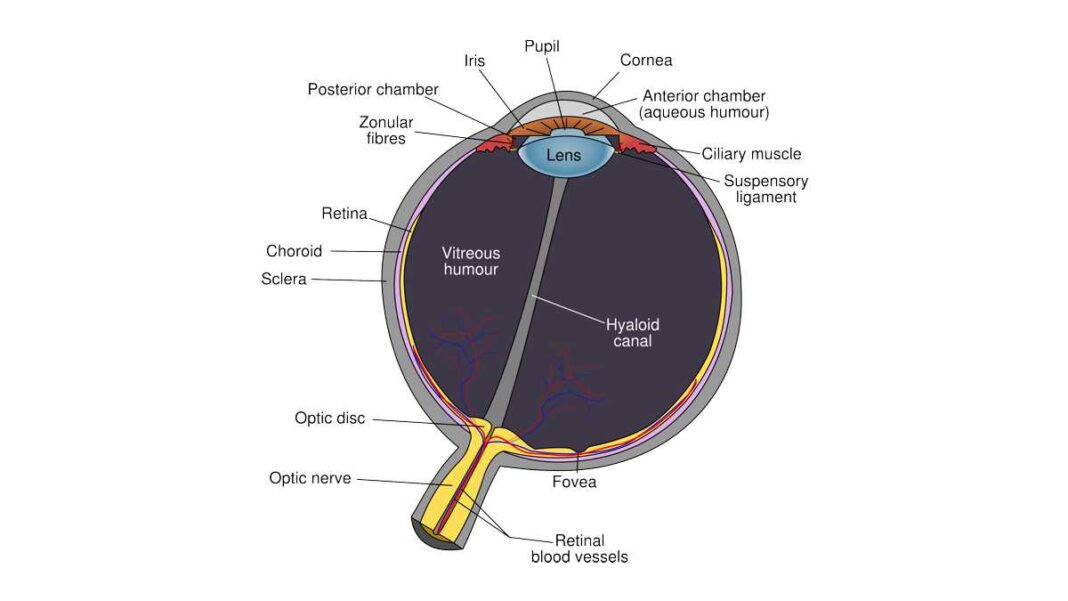
Nearly 17 percent of 474,000 vaccinated individuals with a history of uveitis experienced a recurrence within one year of COVID-19 vaccination.
People with a history of uveitis may experience a recurrence of the eye inflammatory disorder following COVID-19 vaccination, especially in the early postvaccination period.
A recently published study in JAMA Ophthalmology found that about 17 percent of nearly 474,000 vaccinated individuals with a history of uveitis experienced a recurrence within one year after vaccination.
Uveitis is inflammation inside the eye that occurs when the immune system is fighting an infection or attacks healthy tissue in the eyes. It can cause symptoms including pain, redness, and vision loss while damaging the uvea and other parts of the eye.
Researchers collected data on all individuals diagnosed with uveitis in South Korea between January 2015 and February 2021 to determine the risk of recurrence after COVID-19 vaccination. Data was retrieved from the Korean National Health Insurance Service and Korea Disease Control and Prevention Agency databases. The incidence of uveitis was assessed from Feb. 26, 2021, to Dec. 31, 2022. The cases were classified according to the onset at three months, six months, and one year, the type of uveitis (anterior or nonanterior), and vaccine type.
Individuals included in the study received at least one dose of a COVID-19 vaccine from Pfizer, Moderna, AstraZeneca, or Johnson & Johnson and did not test positive for SARS-CoV-2 during the study period.
Study Findings
Of the 473,934 individuals included in the study, the cumulative incidence of postvaccination uveitis was 8.6 percent at three months, 12.5 percent at six months, and 16.8 percent at one year—primarily of the anterior type, which affects the iris at the front of the eye. Moreover, the risk of uveitis reoccurrence was highest in the first 30 days after vaccination, peaked between the first and second vaccine doses, and decreased with subsequent vaccinations.
According to the researchers, the first dose of the vaccine may activate inflammatory pathways leading to initial inflammation in people who are prone to autoimmune reactions or have a history of uveitis. However, there’s a declining risk with repeated vaccination that may be due to the immune system’s adaptation to the vaccine antigen, although further studies are needed to confirm this hypothesis.
By Megan Redshaw, J.D.







